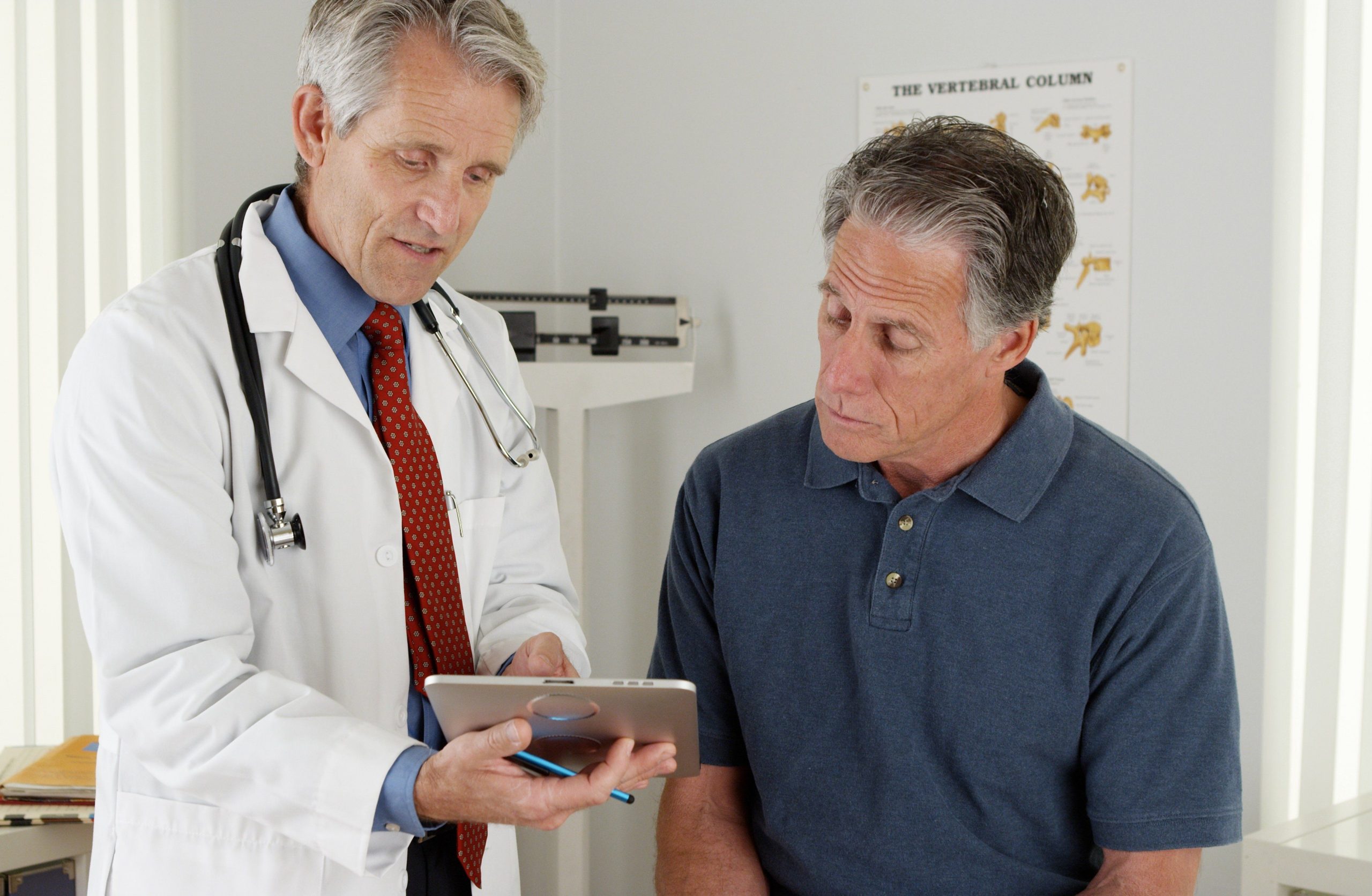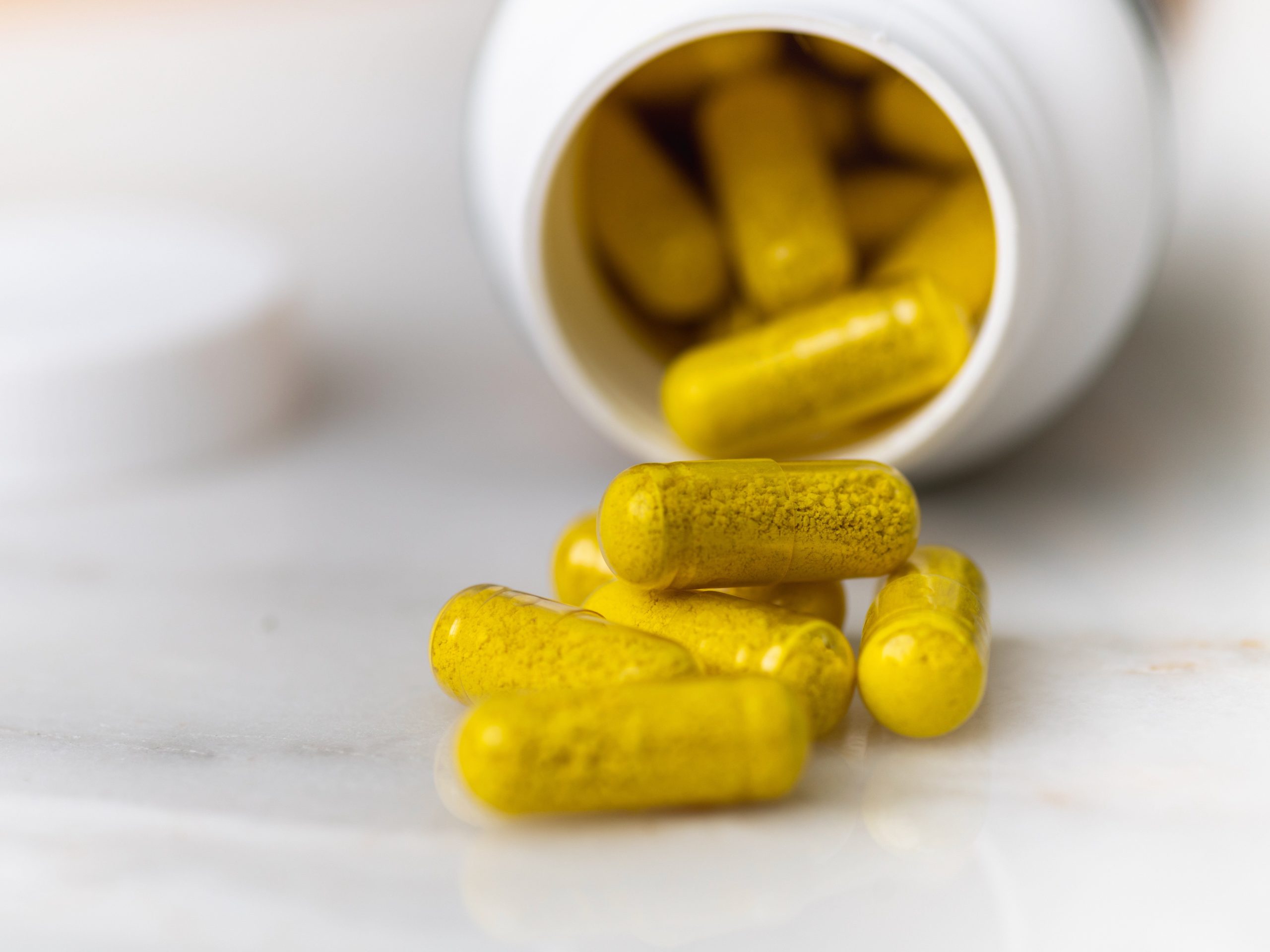
Using gas stoves can increase indoor air levels of benzene, a chemical linked to higher risk of leukemia and other blood cell cancers, a new study reports. Analysis of dozens of stoves revealed that a single gas cooktop burner on high or a gas oven set to 350 degrees Fahrenheit can raise indoor levels of… read on > read on >






























